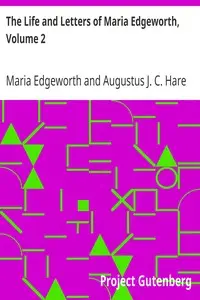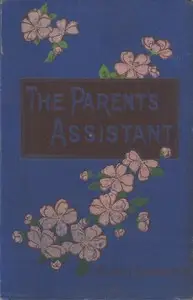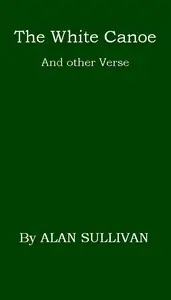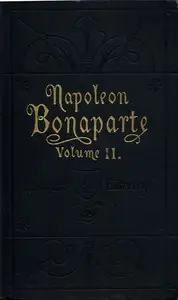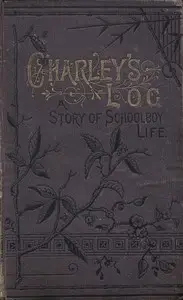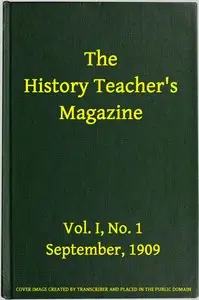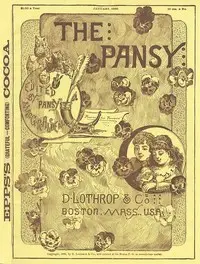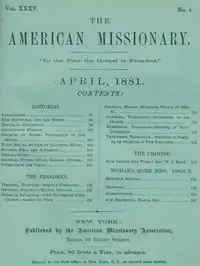"Practical Education, Volume I" by Maria Edgeworth and Richard Lovell Edgeworth is a treatise on educational philosophy and practical teaching methods written in the early 19th century. The work advocates for an approach to education that prioritizes experiential learning and the emotional well-being of children, opposing more rigid traditional methods. The central focus is on how to educate young children effectively, highlighting the importance of toys and tasks in fostering natural curiosity and a love for learning. The opening of the work presents an important discussion on the appropriateness of children's toys and their educational value. It begins with a mother's inquiry into why her child is not playing with his toys, leading to a reflection on how children often dismantle toys not out of mischief, but from a desire to explore and understand. The authors critique common toys for lacking utility and fail to engage children’s imaginations, suggesting that toys should promote exploration and creativity. They assert that the nursery must be a space tailored for active inquiry, discussing how the first steps in education begin with allowing children to engage with their surroundings in meaningful ways. (This is an automatically generated summary.)
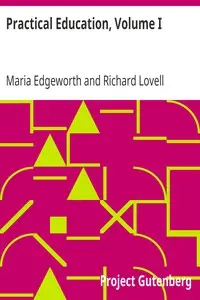
Practical Education, Volume I
By Maria Edgeworth
"Practical Education, Volume I" by Maria Edgeworth and Richard Lovell Edgeworth is a treatise on educational philosophy and practical teaching methods...
Maria Edgeworth was a prolific Anglo-Irish novelist of adults' and children's literature. She was one of the first realist writers in children's literature and a significant figure in the evolution of the novel in Europe. She held critical views on estate management, politics, and education, and corresponded with some of the leading literary and economic writers, including Sir Walter Scott and David Ricardo. During the first decade of the 19th century she was one of the most widely read novelists in Britain and Ireland. Her name today is most commonly associated with Castle Rackrent, her first novel, in which she adopted an Irish Catholic voice to narrate the dissipation and decline of a family from her own landed Anglo-Irish class.

